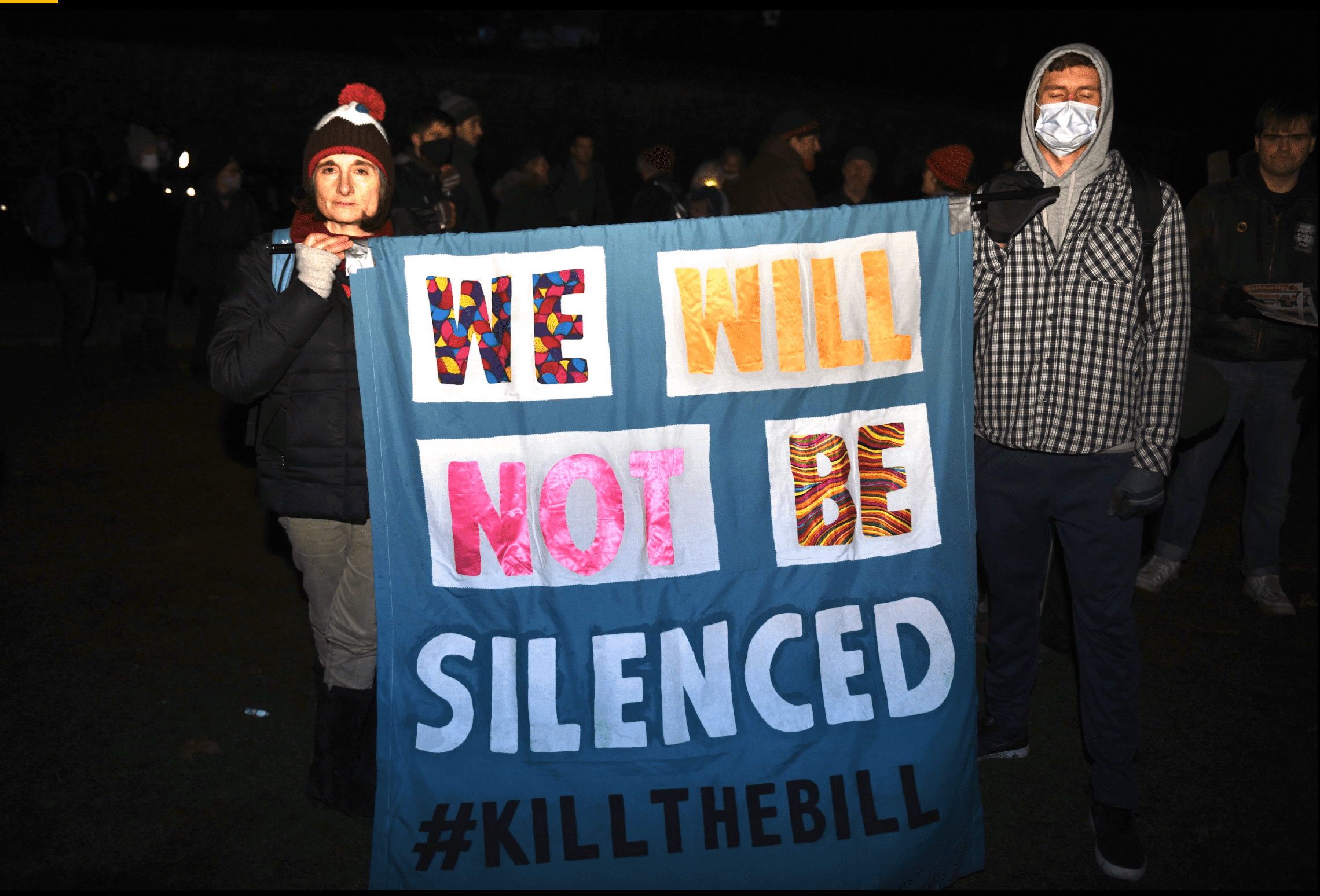
Covid-19 Booster Jab https://unsplash.com/photos/r2fqXao_z70
As winter approaches, with less than four weeks to go until Christmas, and the number of people infected with COVID-19 still high, doctors are recommening getting the booster jab as soon as possible to protect from the virus.
We should know better than anytime that the horrific numbers reported by hospitals represent a sign that the silent pestilence is not over. We also need to know how the pandemic was playing out among unvaccinated people and those who have been vaccinated more than ever.
Household transmission remains the main route of infection in the UK, according to the UK Health Security Agency. Unvaccinated households were more likely to be infected than vaccinated households.
In the run-up to Christmas, contact between friends and family becomes more frequent, greatly increasing the risk of infection. This makes booster jabs more important and necessary.
Dr Thushan de Silva, Senior Clinical Lecturer in Infectious Diseases at the University of Sheffield, said: “The principle of booster jab is that circulating antibody levels wane after the 2nd dose and this has resulted in reduced vaccine effectiveness over time in preventing infections.”

Dr Thushan de Silva Provided by respondents
“It is very important to note that the vaccine effectiveness against severe disease and hospitalisation is not waning in the same way. But to reduce transmissions you need to prevent infections, so that is why the booster programme is being rolled out.”
Dr Thushan de Silva says all the licensed vaccines now have a lot of safety data and are very effective. There are some very rare side effects with some of the vaccines and in some cases, the risk may outweigh the benefit.
“The side effects of the vaccine are minimal compared to the risk of infection. Like the risk of a rare blood clot after the Astra Zeneca vaccine. This is very rare but in younger individuals who generally don’t get as ill with COVID-19, it has been decided that the risks outweigh benefit. So young individuals are given Pfizer or Moderna vaccines.”
From the latest video, Greg Fell, Director of Public Health Sheffield said: “We remain concerned about waning immunity, and we are definitely seeing the impact of boosters on transmission rates in those cohorts that have had good uptake of the boosters.”
“The reason why we’re doing Boosters is because COVID immunity does decline more quickly in older people and younger people and partly that’s also to do with the time for when you had your second dose.”
He said: “A few people who have had their first dose are never too late even if you think you missed your slot time and actually get round to it and the time it’s never too late and there are many vaccination sites operating across Sheffield you can walk up to without an appointment.”
The National Booking Service is open to people aged 40 to 49 for their booster jab from 22 November 2021, which is likely to be offered to all adults.
The UK reported 47,240 new cases of Covid yesterday and 147 deaths within 28 days of a positive test. Just over 378,000 booster jabs were administered, meaning there have been 15m third doses delivered.
Cases and deaths as published 25 Nov 2021. Vaccinations as % of total population (including under 18s), published 24 Nov 2021. Weekly change shows a difference from 7 days ago. Source: data.gov.uk.
The findings from Imperial College London and Ipsos MORI, covering 19 October to 5 November 2021 (round 15 of the study), show prevalence of coronavirus (COVID-19) infections now stands at 1.57%, meaning that around 1 in 64 people is infected with the virus.
The government encourages all people to get the booster jab. Experts and the Security Agency (UKHSA) last week indicated a third dose provides very strong protection.
The UKHSA study suggested that protection against symptomatic infection for the over-50s was 93.1% for the Oxford/AstraZeneca vaccine and 94.0% for the Pfizer/BioNTech jab two weeks after a third dose of the vaccine.
Even though HNS has repeatedly encouraged residents to get vaccinated, figures from the Office for National Statistics for the first three months of 2021 continue to show that the highest levels of vaccine hesitancy among those in bad health were reported in Yorkshire.
The latest figures show that this is clearly reversed. Adults from all English regions are proving less hesitant about Coronavirus vaccine. Sharp decline in Yorkshire from 8% in January to March to 4% in April to July 2021.

Covid-19 Booster Jab https://unsplash.com/photos/-kW1TvBKk1s
The government has unveiled its autumn and winter plan A for tackling the virus, which includes advice to remind the public to stick to wearing masks and ventilation.
Plan B will be implemented if hospital capacity is under unsustainable strain, including the reintroduction of mandatory masks, home-based work and vaccination passports for access to large venues.
There are hopes in the government that successful delivery of a booster programme – which has accelerated in recent weeks after a slow start – will help prevent the need for tougher restrictions over winter.



